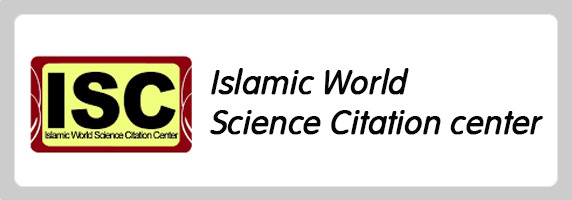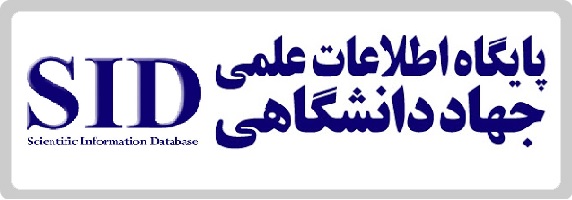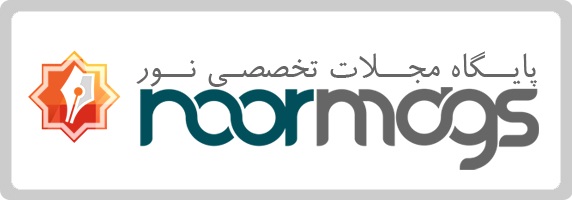Heidegger and Logic
Keywords:
Logic, philosophizing logic, Truth, proposition, to bear truth, correspondence theoryAbstract
Logic is among the most crucial issues that Heidegger devoted himself to it from the very beginning of his university years as a student and afterwards in his teaching career. In fact, whenever he speaks about logic, he means by it, the traditional and not mathematical-symbolic logic or what is called modern logic. What he has told and wrote in regard with modern logic is too limited and often is described negatively. In traditional logic, too, he is not in search of attaining correct ways of thinking and reaching at sound arguments and deductions. Asking whether a syllogism is constructed in a proper way or not, namely whether the conclusion is drawn correctly from premises or not, is a question concerning the form of sentences in that syllogism and their formal relation. The validity of an argument is irrelevant to the content of sentences. Logic, for him, deals firstly with speech and as a result, with the truth itself. Contrary to standard interpretation that supposes proposition to bear truth, Heidegger regards it to be founded on disclosedness (Erschlossenheit) of Dasein. confrontation with being is made possible due to such disclosedness of Dasein. Therefore, in his philosophy, reconstructing the concept of truth should not be limited to the formal analyses of formal structure of sentences. Instead, concrete and alive application by which we attribute truth to those sentences must be taken into consideration.





